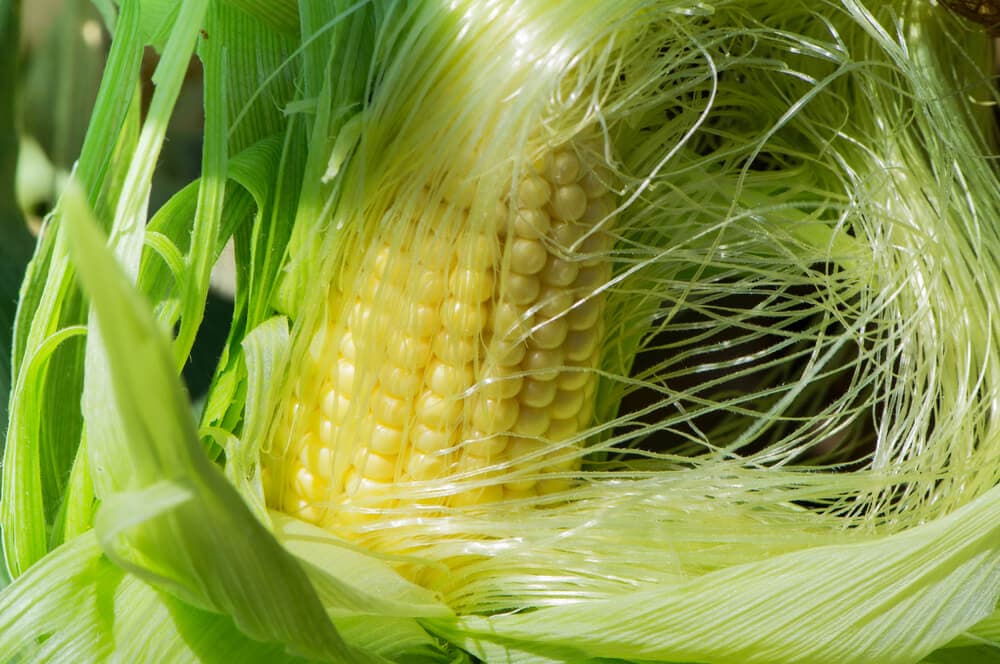
Scientific Name
Zea mays
Common Names
Cornsilk
Plant Family
Poaceae
Location
Native to Central America and cultivated worldwide as corn. Cornsilk is the silky style and stigma of the female corn flower, found underneath the husk. Harvested from corn plants in summer when fresh and golden.
Description
Long, silky threads found inside the ear of corn. They range from pale yellow to deep golden. Soft, smooth texture and mild sweet taste. Fresh cornsilk is moist and cooling; dried, it becomes fibrous and light.
Uses
Used traditionally as a soothing and gentle remedy for conditions involving inflammation, fluid retention, and irritation, especially of the urinary tract. They act as anti-inflammatory agents: studies in animal models show that cornsilk extract reduces edema, lowers inflammatory cytokines like TNF-α and IL-1β, and inhibits pathways like NF-κB. Their high content of flavonoids, tannins, and polysaccharides give them antioxidant power, helping to neutralize free radicals and protect tissues under oxidative stress. The mucilaginous (demulcent) polysaccharides also soothe irritated mucous membranes in the urinary, digestive, and possibly respiratory tracts. They exhibit a mild diuretic (or aquaretic) effect, helping flush fluids, reduce edema, and support kidney function. In addition, cornsilk shows early evidence of hypoglycemic (blood sugar lowering) activity, beneficial effects on lipid profiles (e.g. lowering cholesterol), and possible protective benefits for liver and kidney health in preclinical studies. Taken together, Zea mays (cornsilk) is useful in herbal protocols for urinary inflammation, mild kidney issues, fluid retention, metabolic support (blood sugar / lipids), and as a soothing, anti-inflammatory herbal ally.
Energetics
Cooling, moistening, sweet. Calms irritated tissue and eases burning or inflamed urination.
Parts Used
Fresh or dried cornsilk (styles/stigmas)
Constituents
Mucilage, potassium salts, allantoin, flavonoids, phytosterols
Dosage
- Infusion: 1 tbsp fresh or 1 tsp dried per cup, steep 10–15 min
- Tincture (1:5): 30–60 drops, 2–3x/day
- Glycerite: Often used for children
Notes on Use
Cornsilk is gentle and safe, ideal for inflamed or irritated urinary systems especially for kids with bedwetting, or as part of a UTI support formula. It blends well with marshmallow root, cleavers, and buchu. Use fresh if possible — the mucilage is more potent and soothing.
Harvesting
• Pick cornsilk when ears are mature but still fresh — golden and moist. Dry gently or use fresh for best results.
Contraindications
Very safe. May not be appropriate for very cold or sluggish urinary conditions without balancing herbs
Recipes
- UTI Soothing Tea: Cornsilk, marshmallow, buchu, uva ursi
- Kidney Calm Tincture: Cornsilk, goldenrod, cleavers
- Children’s Glycerite: Cornsilk, fennel, lemon balm